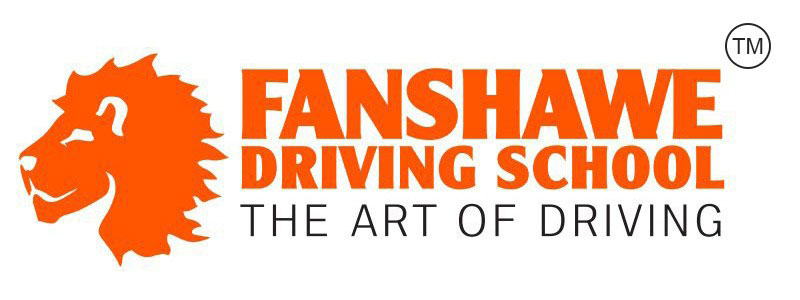Do you consider yourself a safe driver? Many people who drive every day think they are at least moderately safe when driving on busy roads. If you have not received any speeding tickets or incited an accident, then you might not need to worry about your driving skills; but what about the other drivers on the road? Statistics show that there is a rise in the number of serious car accidents where the people involved tend to be badly injured. Learning the basics for defensive driving may be able to save a life and improve your safety on the road.
Avoid Any Internal Distractions
Before driving out of your driveway or parking spot, make sure all of your mirrors are set and you have a clear view of all directions. This will help you avoid the distraction of adjusting mirrors while driving or engaging in other distractions. Talking on a mobile phone has been declared a traffic violation, but people continue to do so even with the ‘hands-free’ options. This activity distracts an individual from driving causing them to concentrate on something other than the road. Even if you are in an emergency, you should always wait until it’s safe to pull over to either receive or make a phone call.
Always Wear A Seat Belt
It’s always smart to err on the side of caution when driving so you should always be wearing your seatbelt when your vehicle is in motion. Police have been cracking down on people who fail to wear a seatbelt when they drive and give out pretty hefty fines that are incredibly easy to avoid.
Driving With Two Hands On The Wheel
To get better at defensive driving, always hold the steering wheel securely with your hands placed in the ‘nine and three o’clock’ positions. This position is essential because it ensures you have maximum control of your car at all times.
Watching Yourself and Others In High-Traffic Areas
If you are on a busy road or highway, always be aware of your surroundings and drive with your mind completely focused on the road ahead of you. To be a good defensive driver, you have to drive safely, but you also have to be on the lookout for things that can happen ahead of you. If you notice traffic is slowing down a kilometre or so in front of you, start applying your brakes so you won’t have to slam on them when the traffic is stopped. Also, don’t tailgate the car in front of you. Leave a lot of space so people can merge safely or you can brake safely if traffic comes to a complete stop all of a sudden.
Do Not Drive In A Blind Spot
Sometimes, you don’t even notice that you are driving in somebody’s blind spot, but doing so could create an accident if the car changes lanes without looking. If you cannot see their mirrors they are unlikely to see you. Some cars today have a light that goes off in the mirrors if there is somebody in their blind spot, so if you see that light on the car beside you, use it as an indicator to either speed up and pass them or slow down.

